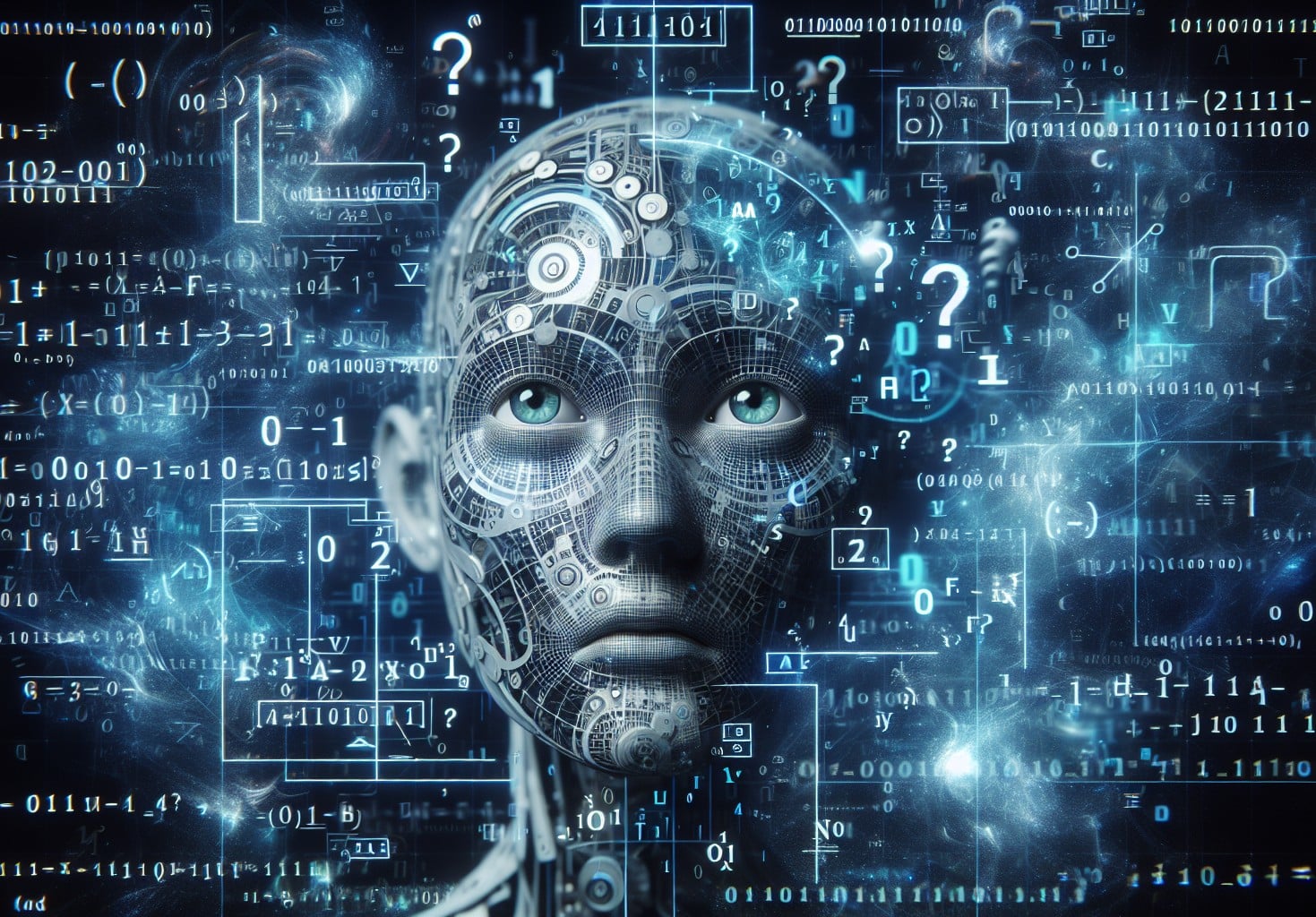2025: A Turning Point in AI Development
The rapid rise of artificial intelligence (AI) technologies has brought about transformative changes across industries, but it has also sparked critical debates surrounding copyright, data ownership, and ethical AI practices. As AI systems increasingly rely on vast amounts of data to train their models, the issue of fair compensation for creators has become a pressing concern. This year, the industry appears to be at a crossroads, with promising steps being taken towards decentralization and equitable frameworks.
The Copyright Conundrum
Many leading AI developers, including OpenAI, have admitted to using public and copyrighted data for training their models without compensating the creators. In fact, OpenAI has acknowledged that its flagship product, ChatGPT, was trained on extensive online content, much of which is protected by copyright. This practice has led to growing discontent among content creators and media organizations.
One prominent example is the lawsuit filed by the New York Times, accusing OpenAI of unlawfully using its content to train AI models. This legal action has fueled the debate over whether AI companies should seek permission and provide compensation for the data they use. As the ethical implications of data scraping come under scrutiny, there is a growing consensus that current practices are unsustainable.
The Case for Decentralized AI
To address these concerns, decentralized AI frameworks are emerging as a compelling alternative. Unlike traditional centralized AI systems, decentralized models leverage blockchain technology to ensure transparency, accountability, and fair compensation for contributors. These systems allow content creators to retain control over their data and be rewarded whenever it is used in AI training.
For instance, the Artificial Superintelligence (ASI) Alliance, a collaboration of blockchain-based AI startups like SingularityNET, Fetch.ai, and Ocean Protocol, is championing a decentralized approach. By enabling data contributors to upload and own their data on blockchain networks, the ASI Alliance ensures that creators are compensated through smart contracts whenever their content is accessed or utilized in AI development.
The Alliance is also fostering the development of specialized AI models, such as Cortex, which is designed for autonomous robotics. These models rely on community-driven efforts, encouraging industry experts to contribute data and expertise in exchange for rewards. This approach promotes a more ethical and transparent AI ecosystem.
AI’s Ethical Evolution
Decentralized AI is not merely a theoretical concept; it is becoming a necessity in an industry dominated by a few corporate players. Centralized AI models pose risks to individual livelihoods and creativity, as they often exploit content without adequate compensation. Decentralized frameworks offer a way to shift power back to the creators and contributors, fostering a more inclusive and sustainable AI landscape.
Notably, this decentralized approach aligns with the broader industry trend of ethical AI development. For example, Microsoft’s recent launch of the compact Phi-4 language model on platforms like Hugging Face demonstrates the growing interest in creating AI systems that prioritize efficiency, privacy, and fairness.
Looking Ahead
As the AI industry grapples with copyright issues and ethical dilemmas, decentralization offers a viable path forward. By embracing blockchain technology and decentralized governance, the industry can ensure that AI development benefits everyone, from creators to end-users. The shift towards more transparent and equitable AI practices marks a significant step in the evolution of this transformative technology.
2025 could very well be remembered as the year the AI industry began to prioritize fairness and inclusion, setting the stage for a more ethical future in artificial intelligence.







